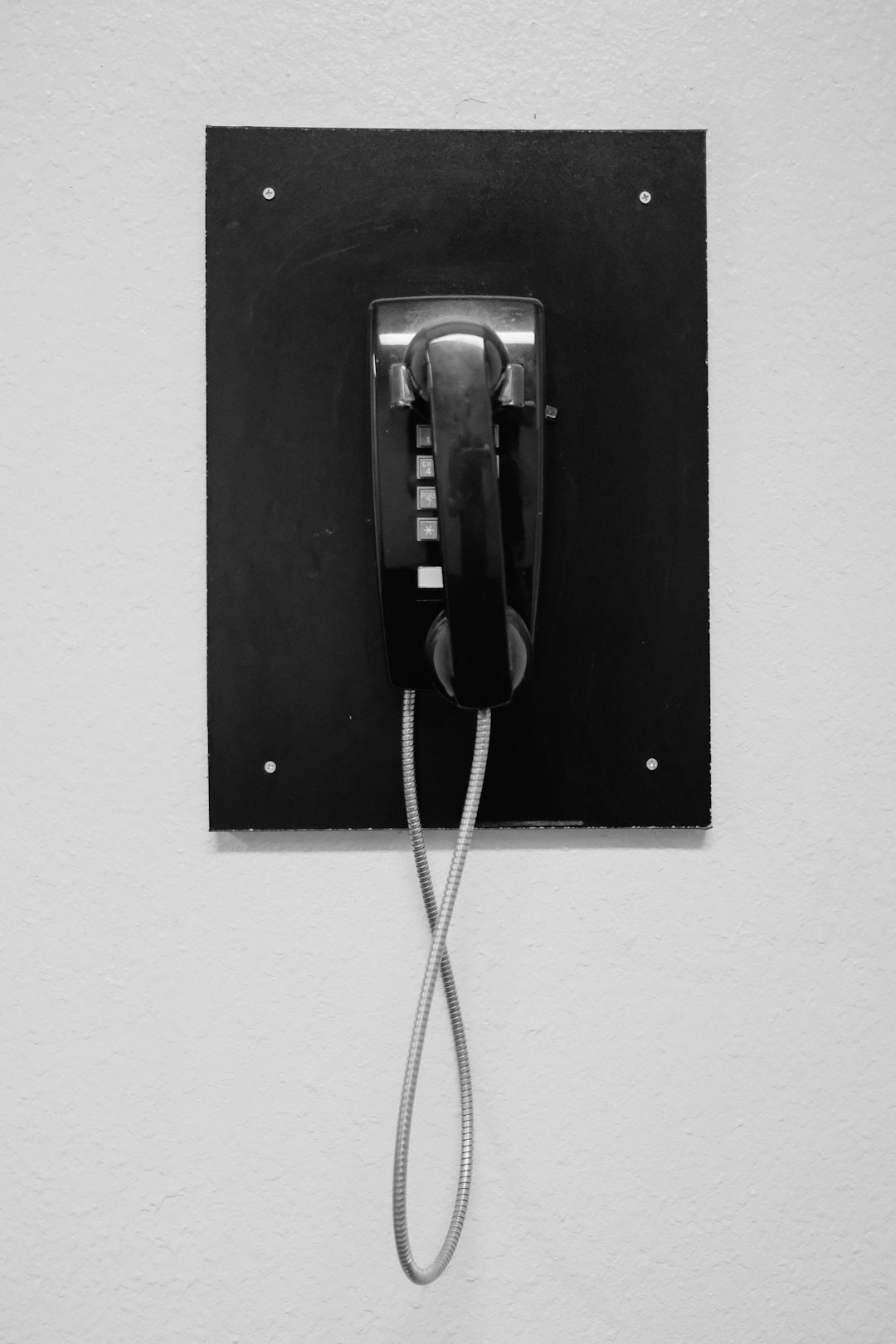Telephone solicitation, especially spam calls, is regulated by federal laws like the TCPA (1991) and state-specific measures in Florida to protect consumers from deceptive practices. Floridians can register on the National Do Not Call Registry, document evidence of unwanted calls, and consult with spam call lawyers Florida for legal recourse against violators, ensuring compliance and avoiding legal repercussions.
In today’s digital age, telephone solicitation – particularly unwanted spam calls – has become a persistent issue. Understanding your rights is crucial for protecting yourself from aggressive marketing tactics. This comprehensive guide explores what constitutes telephone solicitation, federal and state regulations, and consumer protections in Florida. We empower you with do’s and don’ts, highlighting legal options available against violators. For expert advice, consider consulting spam call lawyers in Florida to navigate these complex laws effectively.
What Is Telephone Solicitation?

Telephone solicitation refers to unsolicited phone calls made by businesses or individuals aiming to promote or sell products, services, or investments. These calls can often be a nuisance, and in many cases, they’re illegal under both state and federal laws, especially when consumers are annoyed, harassed, or misled. This is where Spam call lawyers Florida step in, helping consumers understand their rights and take action against violators.
In the context of consumer protection, these laws aim to curb deceptive practices by limiting the number of such calls and providing legal recourse for aggrieved parties. Federal laws like the Telephone Consumer Protection Act (TCPA) and state-level regulations offer specific guidelines regarding consent, do-not-call lists, and penalties for non-compliance. Understanding these laws is crucial for consumers to assert their rights and for businesses to ensure they’re adhering to the legal framework surrounding telephone solicitation.
Federal Laws Regulating Spam Calls

In the digital age, telephone solicitation has evolved into a significant concern for consumers across the nation, prompting the implementation of federal laws to protect citizens from unwanted and deceptive calls, particularly what’s commonly known as spam calls. The Telephone Consumer Protection Act (TCPA), enacted in 1991, serves as a cornerstone of federal legislation aimed at curbing abusive telephone marketing practices. This landmark law grants consumers substantial rights against unwanted phone calls, including the ability to file lawsuits against violators for each unauthorized call received.
When it comes to spam calls, the TCPA specifically outlaws certain types of automated or prerecorded messages sent to mobile phones and landlines without prior express consent from the recipient. Florida, like many other states, has further bolstered these protections with its own laws, ensuring that residents are not only safeguarded by federal regulations but also by state-specific measures. For consumers facing a deluge of spam calls, seeking advice from experienced Spam Call Lawyers Florida can be instrumental in understanding their rights and navigating potential legal recourse against persistent and illegal solicitation practices.
State-Specific Consumer Protections in Florida

In Florida, consumers enjoy robust protections against unwanted telephone solicitations, thanks to both state and federal laws. The Florida Attorney General’s office actively enforces regulations that limit spam calls, empowering residents with tools to safeguard their privacy. Specifically, the Telephone Consumer Protection Act (TCPA) prohibits automated or prerecorded calls for marketing purposes unless the caller has obtained prior express consent from the recipient.
State-specific legislation further strengthens these defenses. Florida law allows consumers to file lawsuits against spam call lawyers and businesses that violate the state’s Do Not Call registry, which registers households opting out of such solicitations. These protections ensure that Floridians can enjoy their peace of mind, free from relentless or unauthorized telemarketing calls.
Your Rights as a Consumer: Do's and Don'ts

As a consumer, you have rights when it comes to telephone solicitation. If you’re facing spam calls, especially from telemarketers in Florida, knowing your legal protections is crucial. Here’s what you should do and avoid:
Do register on the National Do Not Call Registry. This federal list prevents unwanted phone marketing calls. Ensure your number is added to prevent future spam calls from both state and national sources. Also, document and save any evidence of these calls, like call logs or recorded messages. If a Florida spam call lawyer is needed, having this documentation can help strengthen your case. Avoid providing personal or financial information over the phone unless you initiated the call and are certain of the caller’s legitimacy. Be wary of pressure tactics and don’t feel obligated to make a decision immediately during such calls.
Legal Recourse Against Violators: When to Consult Spam Call Lawyers in Florida

If you’ve been on the receiving end of excessive or unwanted telephone solicitations, you’re not alone. Many consumers in Florida face this issue daily. While federal laws like the Telephone Consumer Protection Act (TCPA) offer some protections, state laws in Florida further reinforce your rights.
In cases where telephone solicitation laws are violated, such as when a consumer’s number is called despite being on the National Do Not Call Registry or if automated calls are received without prior consent, individuals have legal recourse. Consulting with spam call lawyers in Florida who specialize in consumer protection litigation can be beneficial. These attorneys can help you understand your rights and take appropriate action against violators. They will guide you through the legal process, ensuring you receive fair compensation for any distress or inconvenience caused by spam calls.






